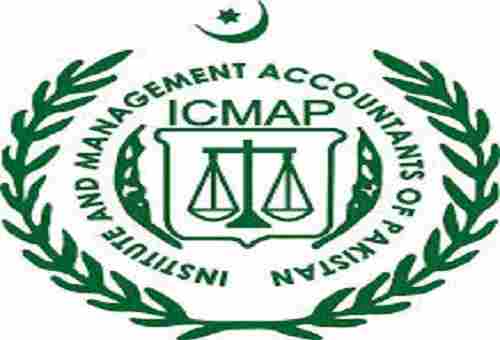Karachi, June 5, 2025 – With the Federal Budget 2025–26 set to be unveiled on June 10, the Institute of Cost and Management Accountants of Pakistan (ICMAP) has reiterated its detailed tax policy proposals submitted earlier to the Federal Board of Revenue (FBR).
These proposals, ICMAP says, are designed to create a more transparent, equitable, and growth-oriented taxation system that aligns with Pakistan’s socio-economic needs.
In its recap, ICMAP emphasized the urgency of broadening the tax base ahead of the upcoming budget, and proposed shifting exporters from the preferential final tax regime to the normal tax structure. This would ensure sectoral uniformity and bolster long-term revenue generation.
Another key budget recommendation from ICMAP includes overhauling the personal income tax regime by introducing a simplified five-slab system, capping at a progressive rate of 45% for high-earning non-salaried individuals. To promote wealth equality, the institute suggested a targeted wealth tax on the top 0.5% of households, with rates from 1.7% to 3.5%, modeled after Spain’s progressive but moderate tax policy. A separate real estate wealth tax was also proposed on property holdings exceeding PKR 50 million.
ICMAP’s budget submission proposes taxing high-end pensions with a 10% levy on monthly pensions above PKR 200,000, while protecting low-income retirees. To bring health benefits into the tax net fairly, it advised capping employer-funded health insurance at PKR 500,000 per annum.
In response to the booming digital economy, ICMAP recommended a 3.5% Public Broadcasting Contribution Tax on influencers and social media earners exceeding PKR 5 million annually. The budget proposal also includes taxation on global streaming services like Netflix and Disney+ to establish a level playing field for local content providers.
To minimize tax evasion, ICMAP suggested an 18.5% Minimum Alternative Tax (MAT) for firms showing accounting profits but evading tax liabilities. A robust Compliance Risk Management system leveraging third-party data analytics was also advocated.
Further, ICMAP proposed the formation of a specialized Tax Policy Unit within the Ministry of Finance, staffed by cost and management accountants to support evidence-based policymaking. For SMEs and traders, improvements to the Tajir Dost Portal were recommended, including simplified tax brackets, automation, and AI-powered compliance tools.
Highlighting digital expansion, ICMAP called for VAT or GST on cross-border e-commerce, and reforms to streamline the Tax Deducted and Collected at Source systems.
ICMAP remains hopeful that its expert-driven budget recommendations will be seriously considered in shaping a fairer and more sustainable tax regime for Pakistan.
